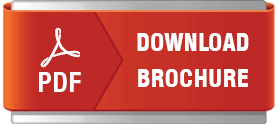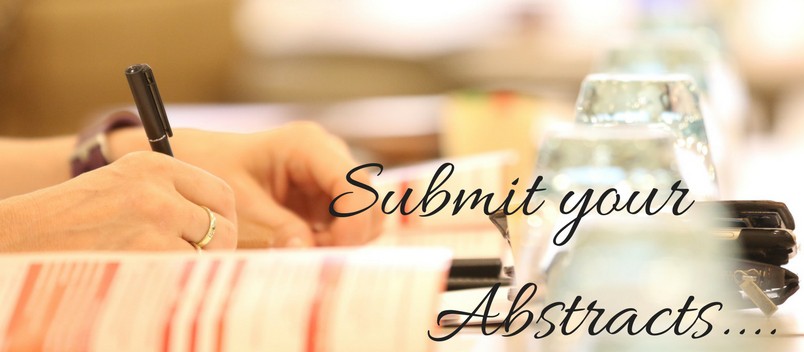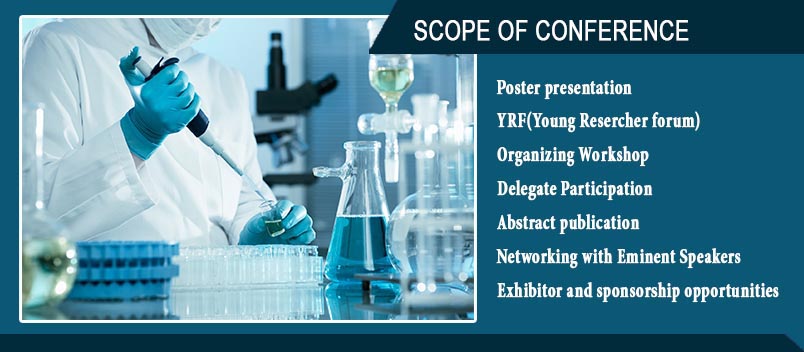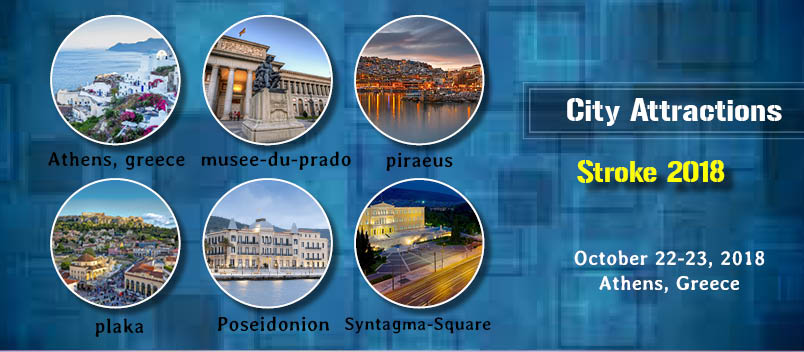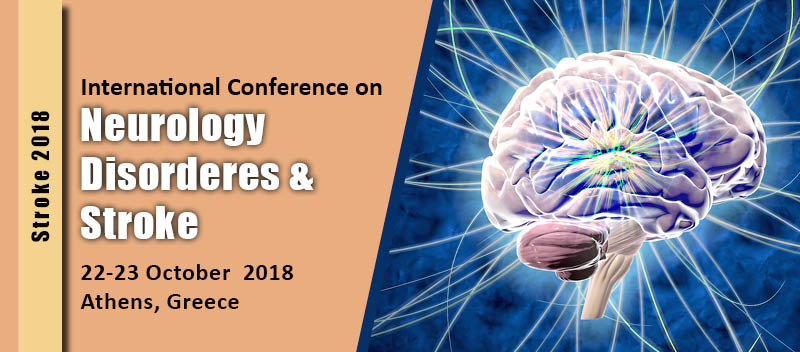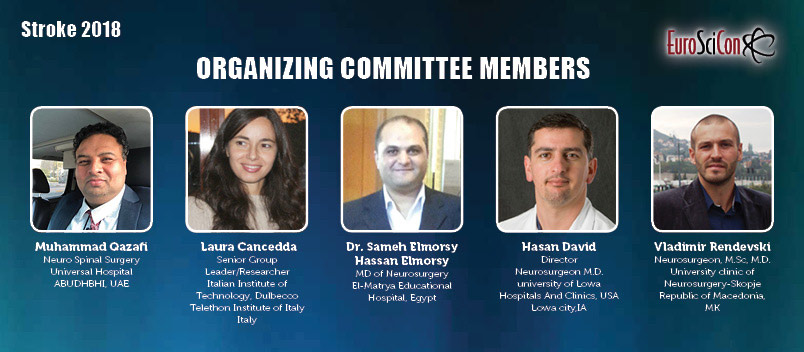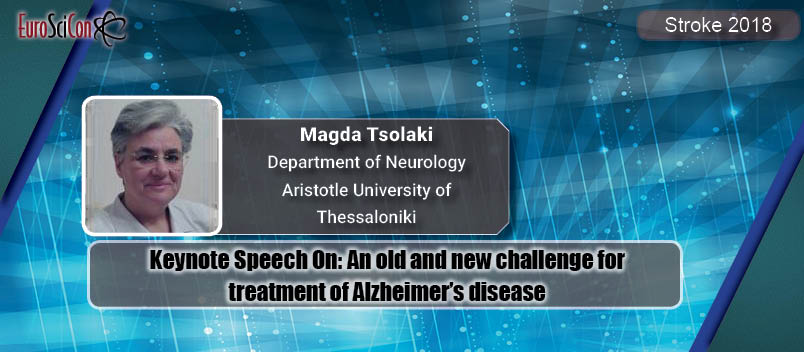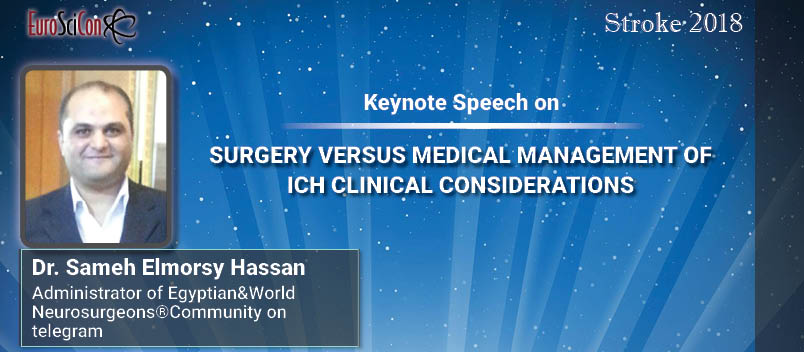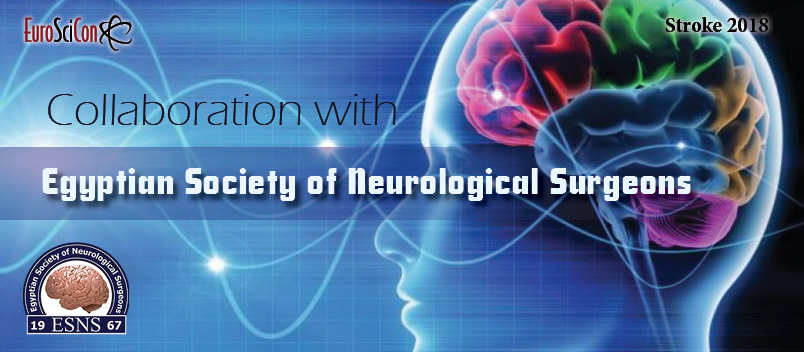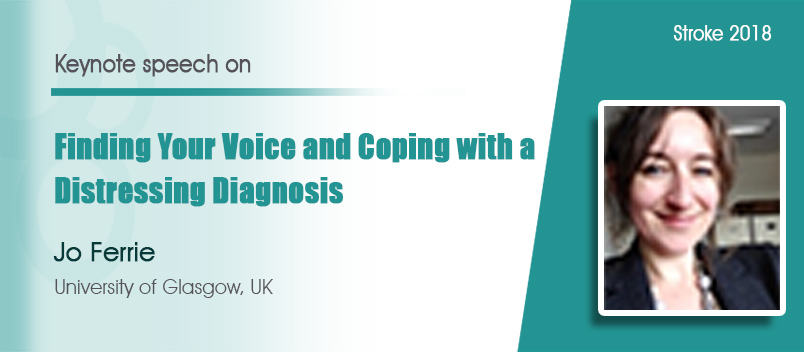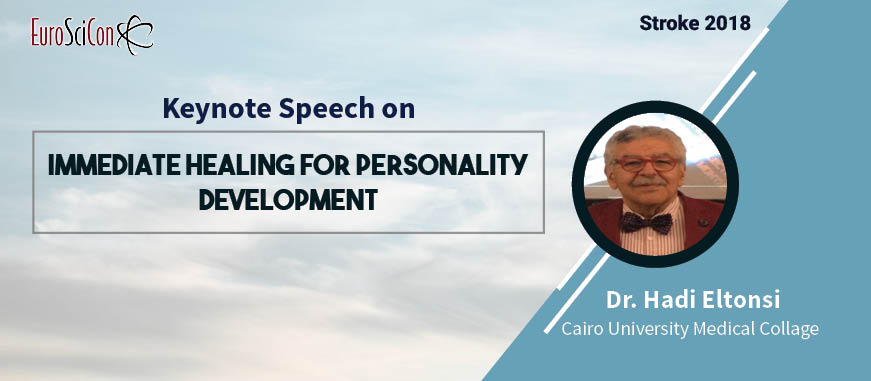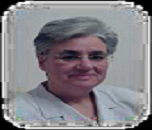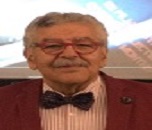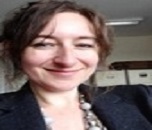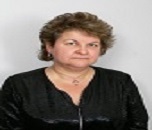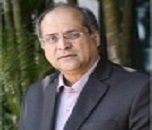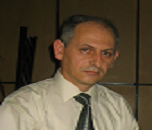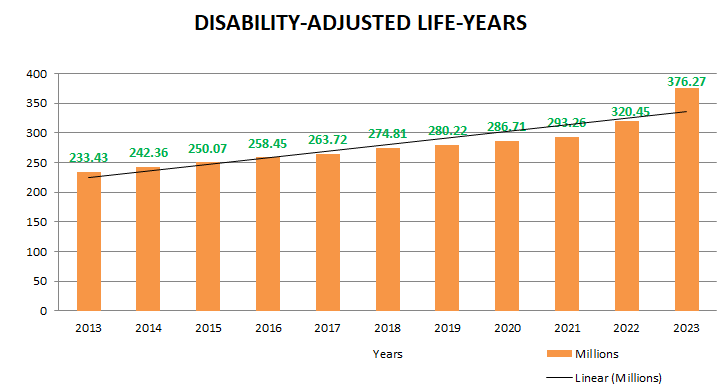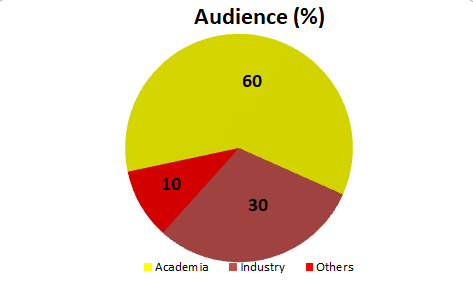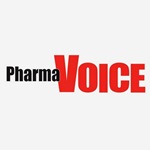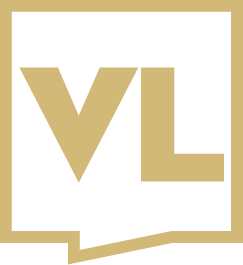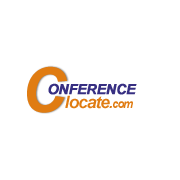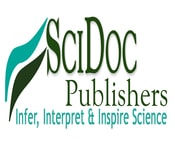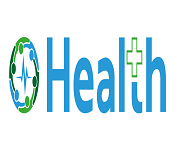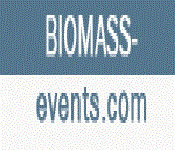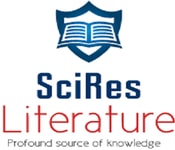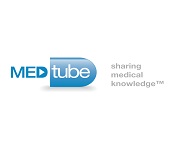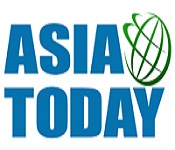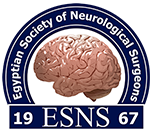Stroke 2018
Live Chat
About Conference
ABOUT CONFERENCE
Theme: New Emerging Drifts and Tactic to Challenge Neurological Disorders and Stroke
Annual Congress on Neurological Disorders and Stroke 2018 is hosted by EuroSciCon and it is focuses on the major issues of Neurological Disorders and Stroke in people. This is of great concern as the survival of future generation is at stake. We invite Business delegates, Industrial Leaders, Stroke Researchers, Neuro Oncologists, CEO's and R&D Heads from Industries, Directors, Neurologist, Neurosurgeons, Psychiatrist, Neuroscientist, Head of department, Professors and Students from Academia in the research of neurological disorders.. The conference will be a platform to globalize one research, to share scientific experiences, to gain knowledge on new technologies and regulations. The conference is scheduled on October 22-23, 2018 Athens, Greece. We invite sponsors and exhibitor to showcase your products to our participants and make it reach the public through them. We request you to make use of this opportunity to make the world a better place to live in.
What is new?
Neurological Disorders and Stroke includes international attendee workshops, lectures and symposia, including a designated registration area, a refreshment break and gala lunch. Neurologist Neurosurgeons, Psychiatrist, and Neuroscientist can join the EuroSciCon as an international member to receive discounts on registration. So come and join leading experts and allied professionals from October 22-23,at Athens,Greece to keep up with the rapidly accelerating pace of change that is already having an impact on the field of Neurological Disorders and Stroke
WHY TO ATTEND?
Neurological Disorders and Stroke is a unique forum to bring together worldwide distinguished academics in the field of neuroscience and neurology, Brain researchers, public health professionals, scientists, academic scientists, industry researchers, scholars to exchange about state of the art research and technologies. Aim of this conference is stimulate new ideas for treatment that will be beneficial across the spectrum of Brain disorders. A Unique Opportunity for Advertisers and Sponsors at this International event
About Athens
Athens is the capital and biggest city of Greece. Athens commands the Attica area and is one of the world's most established urban communities, with its written history traversing more than 3,400 years and its soonest human nearness beginning somewhere close to the eleventh and seventh thousand years BC.
Traditional Athens was an intense city-express that rose in conjunction with the seagoing advancement of the port of Piraeus, which had been a particular city before its fifth century BCE fuse with Athens. An inside for human expressions, learning and logic, home of Plato's Academy and Aristotle's Lyceum, it is generally alluded to as the support of Western development and the origin of democracy, to a great extent due to its social and political effect on the European mainland, and specifically the Romans. In present day times, Athens is an expansive cosmopolitan city and integral to monetary, money related, mechanical, oceanic, political and social life in Greece. In 2012, Athens was positioned the world's 39th wealthiest city by obtaining power and the 67th most expensive in a UBS think about.
Athens is a worldwide city and one of the greatest monetary focuses in southeastern Europe. It has an expansive monetary part, and its port Piraeus is both the biggest traveler port in Europe, and the second biggest in the world. The Municipality of Athens (likewise City of Athens) had a populace of 664,046 (in 2011) inside its regulatory cutoff points, and a land zone of 38.96 km2 (15.04 sq mi). The urban zone of Athens (Greater Athens and Greater Piraeus) stretches out past its authoritative city limits, with a populace of 3,090,508 (in 2011) over a region of 412 km2 (159 sq mi). According to Eurostat in 2011, the utilitarian urban territory (FUA) of Athens was the ninth most crowded FUA in the European Union (the sixth most crowded capital city of the EU), with a populace of 3.8 million individuals. Athens is likewise the southernmost capital on the European terrain.
Seesions/Tracks
Track 1 : Neurological Disorders
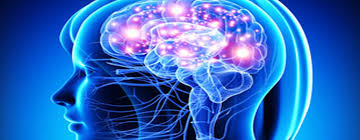
A neurological issue is any turmoil of the sensory system. Basic, biochemical or electrical irregularities in the mind, spinal line or different nerves can bring about a scope of manifestations. Cases of manifestations incorporate loss of motion, muscle shortcoming, poor coordination, and loss of sensation, seizures, perplexity, torment and adjusted levels of cognizance. There are more than 600 neurologic infections. Some of the time they can come about because of biochemical causes also. The pervasiveness rates of the range of neurological issue from various locales of the nation extended from 967-4,070 with a mean of 2394 for each 100000 populaces, giving an unpleasant gauge of more than 30 million individuals with neurological issue (barring Neuro-infections and traumatic wounds). Commonness and rate rates of normal issue including epilepsy, stroke, Parkinson's ailment and tremors decided through populace based studies indicate extensive variety crosswise over various districts of the nation. The requirement for an institutionalized screening poll, uniform philosophy for case ascertainment and determination is a fundamental essential for creating strong national information on neurological issue. Higher rates of pervasiveness of neurological issue in provincial ranges, 6-8 million individuals with epilepsy and high case casualty rates of stroke (27-42%) call for pressing procedures to set up effort neurology administrations to take into account remote and country regions, create National Epilepsy Control Program and set up stroke units at various levels of social insurance pyramid.
- Epilepsy
- Cavernous & Arteriole venous malformations
- Brain haemorrhage,
- Brain Tumours
- Migraines and Headaches
- Spinal Disorders
- Parkinson Disease
- Alzheimer Disease
- Carotid stenosis and Cerebral aneurysms
- Memory disorders
- Mental Health Care
- Diagnosis and awareness on Stroke
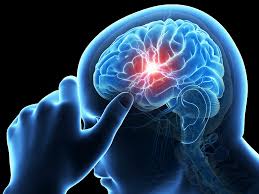
Stroke occurs when an artery supplying blood to the brain either suddenly becomes blocked or begins to bleed which may result in part of the brain dying or leading to a sudden impairment that can affect a range of activities such as speaking, movement, thinking and communication.
- Ischemic Stroke
- Hemorrhagic Stroke
- Transient Ischemic Stroke
- Diagnosis and awareness on Stroke
Track 3 : Stroke and Mental Health
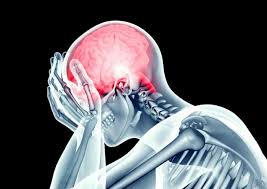
A stroke is an emergency of medical aspect that requires early treatment that indicates early action can minimize brain damage and potential complications. Person affected by stroke addresses cognition and/or behavioral problems that includes problems using languages, vision and perception problems and sudden bursts of emotions.
- Stroke Types
- Mental Health Counselling
- Mental Illness & Treatment
- Mental Health & Rehabilitation
- Stress Management Programs
- Assessment of Mental & Behavioral Disorders
- Mental Health Nursing Practice
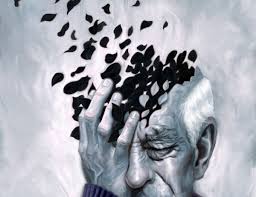
Dementia is a syndrome characterized by cognitive or memory impairments that describes the symptoms of a number of conditions that affects the brain. The commonly seen conditions are Alzheimer’s disease and Parkinson’s disease. Symptoms seen at early stages are memory loss, personality changes, withdrawal and confusion.
- Neurocognitive Disorders
- Dementia with Lewy bodies
- Mixed Dementia
- Vascular Dementia
- Frontotemporal Dementia
- Need for awareness on dementia
- Latest advances for Dementia treatment
Track 5 : Cerebrovascular Disorders

Cerebrovascular refers to blood flow in the brain. Arteries supplying oxygen to the brain are affected and bring about one of a number of cerebrovascular diseases. Most common is a stroke or mini-stroke and sometimes can be hemorrhagic stroke. Cerebrovascular diseases include carotid stenosis, vertebral stenosis and intracranial stenosis, aneurysms, and vascular malformations. Restriction in blood flow can be caused by vessel narrowing, clot formation, blockage or blood vessel rupture.
It is estimated that about 6 million deaths are due to cerebrovascular disorders. It is the second leading cause of death in the world and 6th most common cause of disability.
- Hemorrhage stroke
- Cerebral Ischemia
- Cerebral Ischemia Carotid stenosis
- Vascular malformations
- Moyamoya disease
- Arteriovenous malformations
- Novel therapeutics to treat cerebrovascular diseases
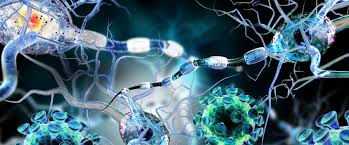
Neurosurgery is the medical specialty concerned with the diagnosis and surgery on brain, spinal cord and nervous system. Neurological aspects include the fundamental headways of neurosurgery coming into effect after the profoundly created apparatuses. These includes advanced neurosurgical devices or instruments, incorporate etches, curettes, dissectors, distractors, lifts, control devices, snares, suction tubes and robots.
- Spine Neurosurgery
- Brain Neurosurgery
- Cerebrovascular Surgery
- Advanced Operative Techniques in Neurosurgery
- Traumatic Neurosurgery
- Neurosurgical Care
- Neuroanesthesia
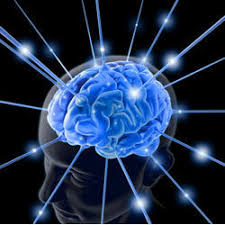
Neuropsychiatry is a sub-specialty of psychiatry which understands the link between mind, body and its behavior. It is the interface of psychiatry and neurology that deals with mental disorders that attribute to neurological disorders. Neuropsychiatry addresses cognition and/or behavior problems caused by brain injury or brain disease. Neuropsychiatrist is trained in both neurological and psychiatric aspects of illness, which helps them to give exclusive care.
- Cognitive neuropsychiatry
- Psychotherapy for neuropsychiatric disorders
- Psychotherapy for neuropsychiatric disorders
- Clinical and functional imaging in neuropsychiatry
- Psychopharmacological treatments
- Cognitive rehabilitation and behavior therapy for neuropsychiatric disorders
Track 8 : Neuro Diagnosis & Imaging techniques
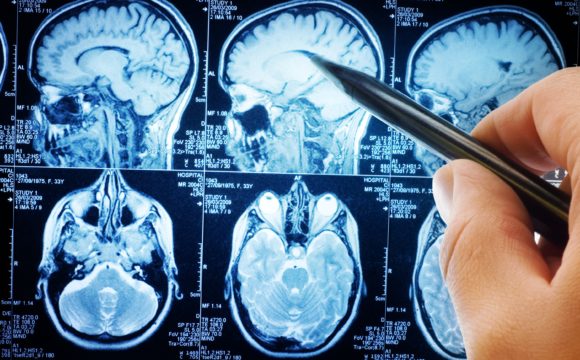
Neurodiagnostic tests includes use of vital tools when a patient’s condition is thought to be based in the central nervous system. Development of techniques allows scientists to see inside the living brain and monitor the nervous system activity. So, there are many imaging techniques available and it takes several times for processing.
- Computed Tomography Scan
- Electroencephalogram
- Magnetic Resonance Imaging
- Electromyography
- Positron Emission tomography
- Spinal Tap
- Neurosonography
Track 9 : Management of Stroke
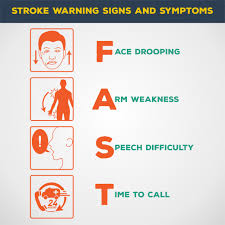
Therapies to prevent recurrent stroke are also a component of acute management which are similar to prophylactic medical or surgical therapies used for patients with transient ischemic attacks and high-risk patients.
The goal of neurosurgery is to restore blood flow to the brain and reduce the risk of stroke.
- Neurosonography
- Medication Treatment with Alteplase IV r-tPA
- Mechanical Treatment to Physically Remove the Clot
- Fibrinolytic Therapy
- Cerebral Edema Control
- Anticoagulation & Prophylax
Track 10 : Behavioural Neurology
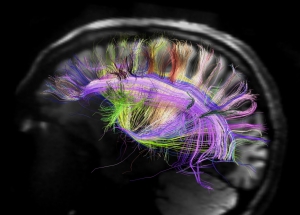
Behavioral Neurology is the systematic analysis and investigation of a person’s behaviour affected by neurological disorder and this is achieved by neuropsychology. Behavioural scientifical study is dedicated to enhancing the understanding brain-behaviour relationships and the application of such knowledge to human problems.
- Cognitive Behavioral Therapy (CBT)
- Theories of Behavioral Science
- Cross-cultural Psychology & Behavioral genetics
- Behavioral Problems in Children & Adults
- Critically evaluated Empirical research
Track 11 : Stoke and Cerebral Hemorrhage
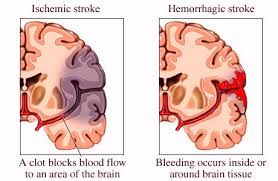
Cerebral Hemorrhage is one of the types of Stroke. It is caused by internal bleeding of brain and eventually it kills the brain cells. Cerebral Hemorrhage is otherwise known as Brain hemorrhages, intracranial hemorrhages, or intracerebral hemorrhages. They occur for about 13% of stroke.
Depending on the location of bleed and the affected tissues, the symptoms of Cerebral Hemorrhage varies. The causes of bleeding of brain includes head trauma, high blood pressure, aneurysms, blood vessel abnormalities, Liver diseases and Brain tumors.
- Risk Factors of Cerebral Hemorrhage
- Therapeutic Advances for Cerebral Hemorrhage
- Therapeutic Advances for Cerebral Hemorrhage
- Diagnosis of Cerebral Hemorrhage
- Rehabilitation of Cerebral Hemorrhage
- Stroke Risk Assessment Tool (SRAT)
Track 12 : Risk Assessment and Prevention of Stroke
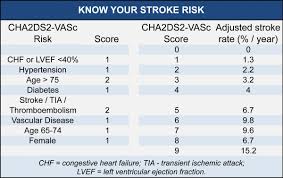
Risk assessment of stroke is the systematic process of evaluating the potential risk of stroke that may be involved in a projected activity. Various tools are being used for the assessment of stroke one of them is SRAT (Stroke Risk Assessment Tool) and it is based on complex algorithms that controls factors associated with stroke and chronic diseases. Prevention of stroke can be achieved by identifying and controlling personal risk factors such as high blood pressure, atrial fibrilllation, high cholesterol, circualtion diabetes and problems.
- The Cincinnati Prehospital Stroke Scale
- The Los Angeles Prehospital Stroke Screen
- The National Institutes of Health Stroke Scale (NIHSS)
- Anticoagulant and Antiplatelet Agents
- Blood Pressure Control
Manage exercise and diet
Track 13 : Stroke Rehabilitation & Recovery
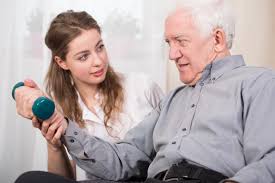
Rehabilitation is an important phase for patients after stroke. The goal is to help you return to independent living. Rehabilitation program depends on the severity of stroke and the part of the body affected. Recovery from stroke can be achieved by undergoing therapeutic process, medications and recovery is a part of rehabilitation.
- Acute Rehabilitation
- Non-invasive Brain stimulation
- Skilled Nursing Rehabilitation
- Outpatient Rehabilitation
- Long term acute care hospital Rehabilitation
Track 14 : Neurological Nursing & Clinical Training
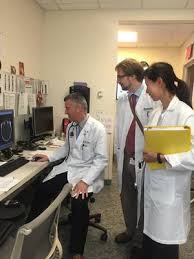
Neurological Nursing includes doctors specialized in diagnosing patients and their problems and neurology nurses are one who trained to aid these doctors in the treatment of patients with neurological issues. Neurology nurse deals with giving both post-operative care and immediate care. Clinical training involves treatment procedures for strokes and many related disorders and the main approach of clinical training is to develop neuroprotective treatment approaches and establishing modest examination procedures such as motion analysis, MRI (magnetic resonance imaging) and OCT(optical coherence tomography).
- Therapeutic targets & mechanism for treatment
- Alzheimer’s disease symptoms
- Rehabilitation Facilities
- Skills & Techniques in Clinical training
- Clinical Evaluation
- Practices in Clinical training
- Promoting Clinical Outcomes
Track 15 : Therapeutics approaches of Neurological Disorders
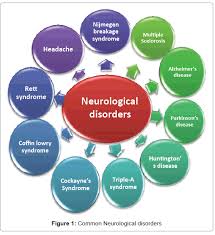
Therapeutic approaches such as deep brain stimulation and neural stem cell technique are being advantageous in the treatment of neurological disorders. This conference provides a platform for the researchers to discuss and learn about new therapeutics evolved for neurological disorders.
- Neuropathic pain and its therapeutics
- Advanced neuropathic therapies
- Spinal muscular atrophy
- Neuropathy and therapies
- Spinocerebellar ataxia
- Functional electrical stimulation
- Neuropathic pain in women’s
- Neuropathic infections
- Neuropsychiatric Conditions
- Migraine & Chronic Pain
- Stroke rehabilitation: Care and guidance
Track 16 : Clinical Trials and Case Reports
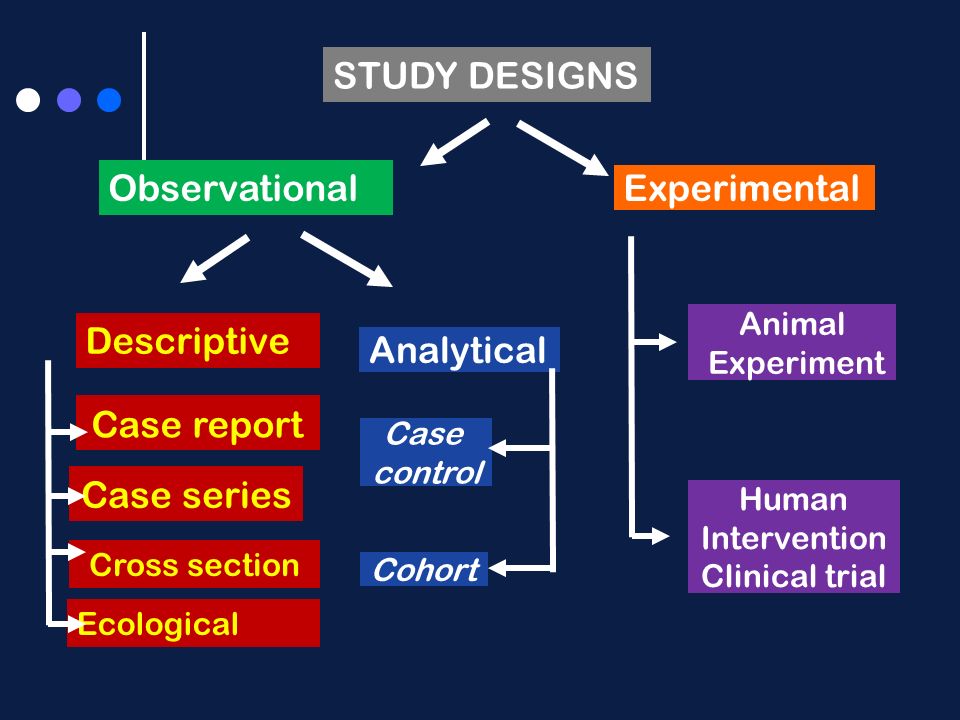
Worldwide millions of people are suffering from neurological diseases and annually around 6 million people are dying due to various neurological diseases. There are more than 600 known neurological diseases which affect our nervous system but there are limited treatment options till date and there is ongoing research.
Clinical trials and case reports in various fields such as neurooncology, neurosurgery, and stroke recovery are present for the scientists, researchers and doctors to share their experiences of new and complicated neurological conditions. This track gives researchers knowledge about new technologies, clinical trials and new aspects.
- Prevention trials
- Vaccination by self-antigens
- Coping with caring
- Case Reports on Neuro Oncology
- Case reports on neurosurgery
- Health care reports
- History of present illness in affected patients
- Case Reports on Neurodegenerative Disorders
- Advances in genetic research
- Case Reports on Stroke
- History of present illness in affected patients
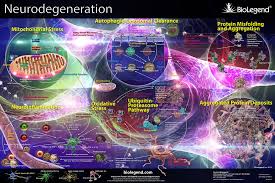
Neurons are the building pieces of the sensory system which incorporates the cerebrum and spinal string. Neurons typically don't imitate or supplant themselves, so when they get to be distinctly harmed or bite the dust they can't be supplanted by the body. Neurodegeneration is the umbrella term for the dynamic loss of structure or capacity of neurons, including demise of neurons. Numerous neurodegenerative ailments including amyotrophic parallel sclerosis, Parkinson's, Alzheimer's, and Huntington's happen as an aftereffect of neurodegenerative procedures. Dementias are in charge of the best weight of sickness with Alzheimer's speaking to around 60-70% of cases.
- Amyotrophic lateral sclerosis (ALS)
- Batten disease
- Imaging,diagnosis and acute stroke management
Track 18 : Spine & Spinal Disorders
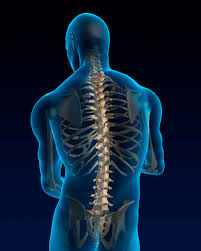
This Session will incorporate The Neurospinal Disorders finding and therapeutics for patients experiencing all sicknesses of the spine and fringe nerves. For exact analyses and expanded security amid restorative methodology, pros utilize the most exceptional procedures accessible for spinal imaging, interventional neuroradiology, electro-physiological testing, and surgery.
- Spinal Column Anatomy
- Spine tumors
- Spinal Stenosis
- Sciatica
- Scoliosis Spine
- Spinal stroke
- Spinal Cord Repair
- Therapeutic approaches for spinal disorders
Track 19 : Brain Tumors & Neuro Oncology
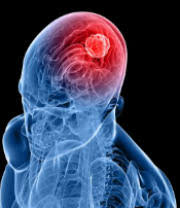
Essential cerebrum tumors can be either harmful (contain growth cells) or considerate (don't contain cells). An essential mind tumor is a tumor which starts in the cerebrum. In the event that a destructive tumor which begins somewhere else in the body sends cells which wind up developing in the cerebrum, such tumors are then called optional or metastatic mind tumors. This talk is centered around essential cerebrum tumors. Mind tumors can happen at any age. The correct reason for cerebrum tumors is not clear. The manifestations of cerebrum tumors rely on upon their size, sort, and area. The most widely recognized side effects of mind tumors incorporate cerebral pains; deadness or shivering in the arms or legs; seizures, memory issues; state of mind and identity changes; adjust and strolling issues; sickness and regurgitating; changes in discourse, vision, or hearing.
- Radiation Oncology
- Astrocytic Tumors & Brain Metastasis
- Oligodendroglial Tumors & Seizures
- Mixed Gliomas & Migraine
- Germ Cell Tumors
- Medulloblastomas
- Neuro oncology and Metatasis
- Brain Aneurysm
- Arteriovenous malformation
- Dural arteriovenous fistulae
- Peripheral neuropathy
- Post-Herpetic neuralgia
- Paediatric Oncology
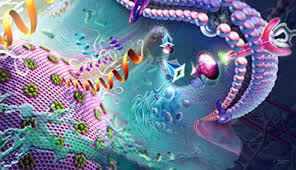
Neuropharmacology discusses the drug-induced changes in functioning of the nervous system. The specific focus of this course will be to provide a description of the cellular and molecular actions of drugs on synaptic transmission. Refer to specific diseases of the nervous system and their treatment in addition to giving an overview of the techniques used for the study of neuropharmacology.
- Neuroanesthesia
- Chemistry of Neuropharmacology
- Clinical Neuropharmacology
- Neurochemical Transmission
- Behavioural Neuropharmacology
- Neuro Pharmacotherapy and Pharmacotherapeutics
- Case Study in Neuropharmacology
- Neuroendocrinology and Stroke
Track 21 : Neurology and Nursing
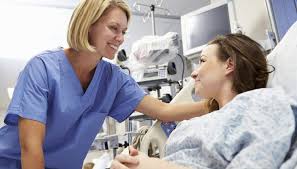
Neurology is the enclosure of medical research and practices that devoirs disorders and issues of the nervous system, including the brain. Doctors specialized in diagnosing patients and their problems whereas neurology nurses are one who trained to aid these doctors in the treatment of patients with neurological issues. Neurology nurse deals with giving both post-operative care and immediate care. Various conditions Like Parkinson’s disease, brain tumours, encephalitis, multiple sclerosis and meningitis, as well as those who have suffered from trauma, such as stroke victims and those who have had spinal or brain.
- Care Practise: Neurology and Nursing
- 2Brain Nursing
- Mental Health Nursing
- Addiction Nursing
- Neuro Nurse Practise Guidence
- Neurovascular Nursing
- Geriatric Nursing
- Pediatrics Nursing
- Advance Nursing Practice
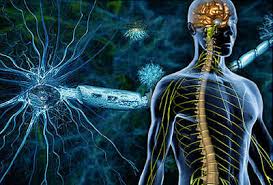
Multiple sclerosis (MS) influences the cerebrum and spinal string. Early MS manifestations incorporate shortcoming, shivering, deadness, and obscured vision. Different signs are muscle solidness, thinking issues, and urinary issues. Treatment can calm MS side effects and postpone ailment movement. The reason for MS is thought to be exchange of hereditary and natural components, including scope as well as presentation to daylight and vitamin D levels. Impacts the age when side effects begin
- Acute attacks
- Incoordination of muscles
- Relapsing-remitting multiple sclerosis (RRMS),
- Secondary-progressive multiple sclerosis (SPMS)
- Primary-progressive multiple sclerosis (SPMS)
- Progressive-relapsing multiple sclerosis (PRMS)
Track 23 : Therapeutic Approaches for Neurological Disorders
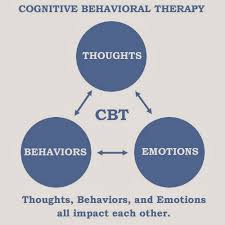
Apart from the issue of a cure, sometimes patients with neurological issues can be placed in rehabilitation as part of an effort to restore some lost function. This is usually a hopeful sign, as it’s rare to find a patient assigned to therapy when there’s little to no hope of at least a partial recovery. Therapies for neurological disorders may often consist of: Lifestyle changes to either prevent or minimize the impact of such conditions, Physiotherapy to manage the symptoms and restore some function; Pain management, as much impairment can be associated with considerable discomfort; Medication to either restore function or prevent a worsening of the patient’s condition.
- Neurogenesis
- Novel Tau PET Tracer
- Advancing Human iPSC Models for Translational Research
- Pre-Clincal Translational Modelling in Neurodegeneration
- Developing Novel and Accurate Clinical Diagnostic
- Drug Mechanisms and Treatments
- Disease Progression Biomarkers
- Approaches in Alzheimer`s Disease
- Stem cell transplants
- Novel Therapeutic Targets
- Pharmaceuticals: Brain power
- Future research directions in Neurological disorders & Stroke
Track 24 : Neurodegenerative disorders
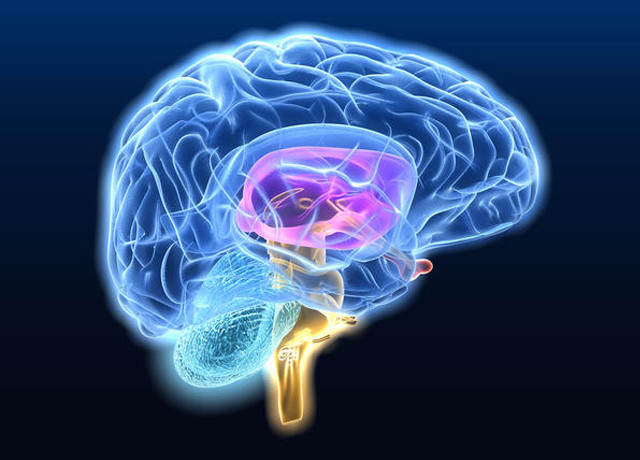
Neurodegenerative diseases are defined as hereditary and sporadic conditions which are characterized by progressive nervous system dysfunction. These disorders are often associated with atrophy of the affected central or peripheral structures of the nervous system. They include diseases such as Alzheimer's Disease and other dementia, Brain Cancer, Degenerative Nerve Diseases, Encephalitis, Epilepsy, Genetic Brain Disorders, Head and Brain Malformations, Hydrocephalus, Stroke, Parkinson's Disease, Multiple Sclerosis, Amyotrophic Lateral Sclerosis (ALS or Lou Gehrig's Disease), Huntington's Disease, Prion Diseases, and others.
- Dementia and Aging
- Prion disease
- Motor neurone diseases (MND)
- Spinocerebellar ataxia (SCA)
- Spinal muscular atrophy (SMA)
- Amyotrophic lateral sclerosis (ALS)
- Batten disease
Track 25 : CNS(Central nervous system)
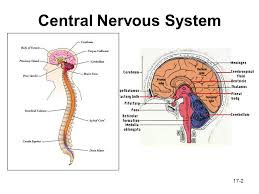
CNS and Neurological disorders are diseases that affect the brain and the central and autonomic nervous systems. In recognizing the signs and symptoms of neurological disorders, it is first important to distinguish the different types of neurological disorders.
- Addiction
- Cerebral edema
- CNS Neoplasia
- Neuroinfectious Diseases
- Neurocognitive
- Bipolar Disorder
- Therapeutics for CNS Disorders
- Therapeutics for CNS Disorders
- Depression and Anxiety
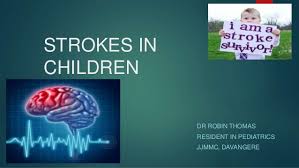
Pediatrics Stroke occurs secondary to the blockage or breakage of blood vessels in the brain. The causes of stroke in children are many and often not well understood. Diagnosis requires careful clinical examination combined with brain imaging. Early treatment focuses on protecting the brain and keeping blood vessels open to prevent more strokes. Most children experience neurologic deficits with long-term treatments focused on physical, developmental, and psychosocial complications.
- Seizures
- Seizures
- Extreme sleepiness
- Sickle-cell disease
- Congenital heart defects
- Dizziness, trouble with balance or walking
Track 27 : Stroke Rehabilitation & Recovery
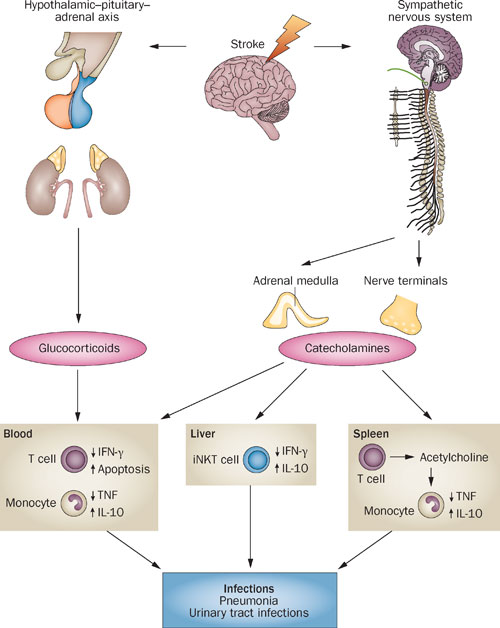
Stroke is one of the leading causes of long-term adult disability, affecting approximately 810,000 people each year in the USA. The word stroke indicates that no one is ever prepared for this sudden cause. Stroke survivors and their families can find workable solutions to most difficult situations by approaching every problem with patience, ingenuity, perseverance and creativity. Early recovery and rehabilitation can improve functions and sometimes remarkable recoveries for someone who suffered a stroke.
- Acute Rehabilitation
- Acute Rehabilitation
- Acute Rehabilitation
- Physical Therapist
- Occupational Therapist
- Speech-Language Pathologists
- Non-invasive Brain stimulation
Track 28 : Infection and Diagnosis of Stroke
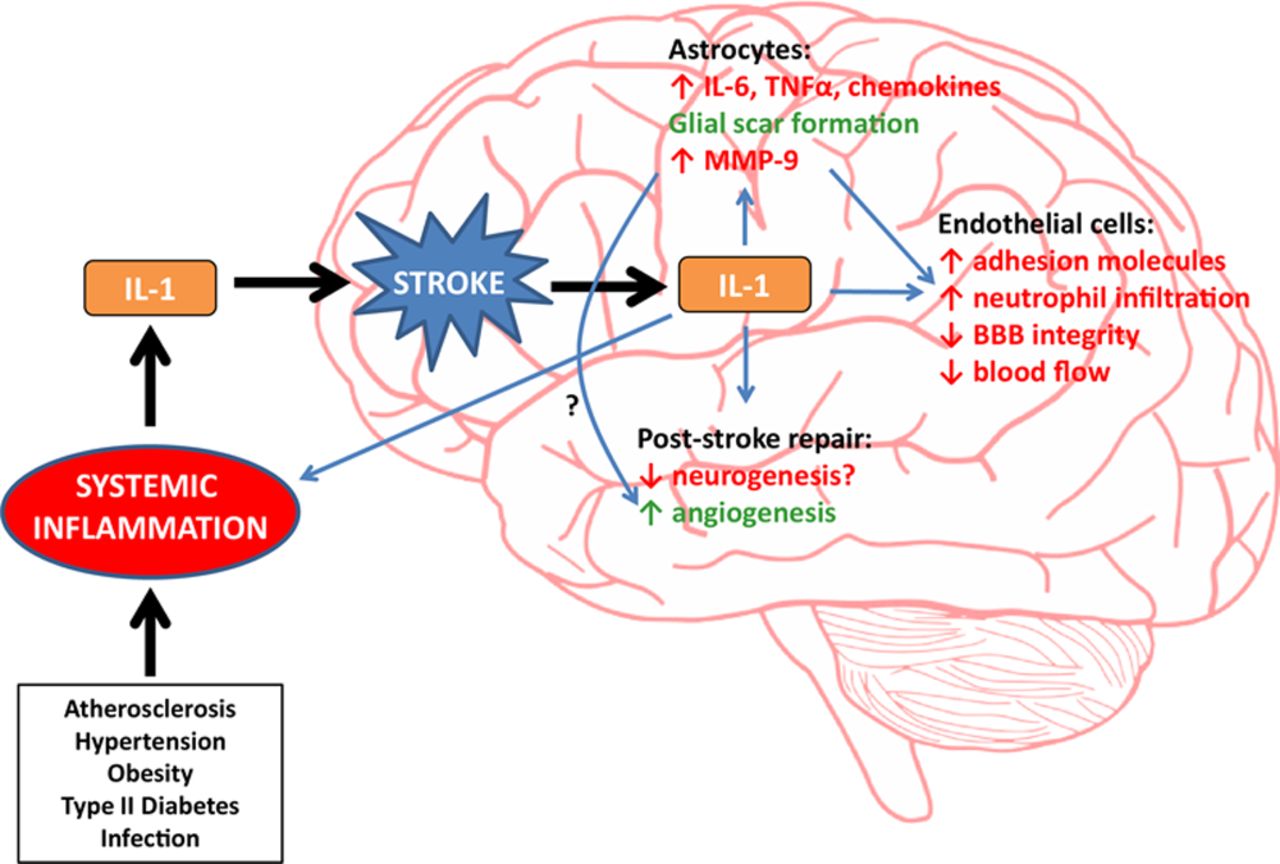
Acute and chronic infectious diseases are considered as risk factors for stroke other than established risk factors. Basically, acute respiratory tract infection and urinary tract infections independently increase the risk of Ischemic stroke. Within three days of infection, the risk for Ischemic stroke is shown to be higher and the risk gradually decreases when time interval between infection and stroke increases.
Stroke patients should be treated at hospital three hours prior to the first symptom. The best methods of diagnosis are Physical examination, Blood tests, CT scan, MRI scan.
- Clinical Trails and Case Reports
- Risk of Myocardial infraction
- Inflammatory Risk Factors
- Biomarkers in Ischemic Stroke
- Role of Carotid ultrasound in diagnosis
- Role of Cerebral angiogram in diagnosis
- Role of Echocardiogram in diagnosis
Track 29 : Epidemiology & Risk Factors for Stroke
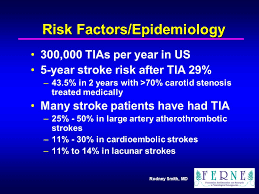
Some stroke risk factors can’t be controlled. These include gender, age and family history. However, manystroke risk factors are lifestyle related. Everyone can reduce their risk of having a stroke by making a few simple lifestyle changes. There are some races and ethnic origins that are more prone to stroke than others. This includes those of Asian, African or Caribbean origin. Genetic factors and lifestyle factors may also play a role in the causation of stroke.
- High blood pressure and stroke
- Atherosclerosis and stroke
- Carotid artery stenosis
- Smoking and stroke
- Diabetes and stroke
- Cholesterol levels and stroke
- Alcohol and stroke
- Diet and stroke
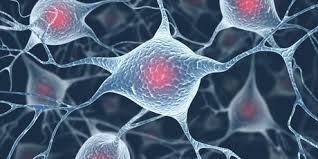
The ability of the Brain to alter at any age is referred to as Neuroplasticity or Brain Plasticity. The recent neuroscience research proves that Neuroplasticity is the basis for brain training exercises which revolutionized the brain health and science research. There is a great reception for Brain plasticity based therapies for many cognitive problems since it is a non- invasive treatment.
- Synaptic Strengthening
- Synaptic weakening
- Neurological and Behavioural Impairments
- Plasticity Induced Changes
- Traumatic Brain Injury
- Cognitive Neuroscience
- Schizophrenia
Market Analysis
Market Analysis For Neurology Disorders and Stroke:-
A acoustic ataxia is any ataxia of the afraid system. Structural, biochemical or electrical abnormalities in the brain, analgesic bond or added fretfulness can aftereffect in a ambit of symptoms. Examples of affection accommodate paralysis, beef weakness, poor coordination, accident of sensation, seizures, confusion, affliction and adapted levels of consciousness. There are abounding accustomed acoustic disorders, some almost common, but abounding rare. They may be adjourned by acoustic examination, and advised and advised aural the specialities of neurology and analytic neuropsychology. A achievement occurs back the claret accumulation to allotment of your academician is disconnected or acutely reduced, depriving academician tissue of oxygen and nutrients. Aural minutes, academician beef activate to die. A achievement is a medical emergency. Prompt analysis is crucial. Early activity can abbreviate academician accident and abeyant complications.The acceptable account is that acclamation can be advised and prevented, and abounding beneath Americans die of achievement now than alike 15 years ago.
Neurological ailments make an expansive toll looking into both people and health-care systems, and new analyses starting with the worldwide load of Diseases, Injuries, Also danger figures (GBD) examine demonstrate that the load from neurological issue is considerably more excellent over Awhile ago possibility. The GBD investigation depicts mortal sin Also horribleness at global, national, and territorial levels, and gives instruments with quantify wellbeing loss, empowering superior understanding from claiming evolving wellbeing tests. Those GBD venture started for 1990 Concerning illustration An absolute consider appointed Toward those reality bank that quantified the wellbeing impacts from claiming more than 100 infections What's more damages for eight areas around those world, providing for estimates from claiming horribleness What's more mortal sin Eventually Tom's perusing age, sex, What's more locale. This initial examine also acquainted those disability-adjusted life-year Likewise another metric on quantify the load from claiming diseases, injuries, Also danger figures. Since then, the project need been updated a few times, and Notwithstanding incorporates information from 1990 of the exhibit once more than 300 ailments Furthermore wounds clinched alongside 195 nations What's more domains. These GBD consider updates gatherings give an expansive take a gander at those moving in general load for the sum neurological illnesses joined. However, approach makers Also health-care suppliers require a additional nitty gritty Investigation of the trouble from claiming singular infections Furthermore wounds with have the capacity will give satisfactory administrations for those developing numbers for patients for neurological issue. In the lancet Neurology, those GBD investigators Right away report card An All the more point by point consider for estimates of the global, regional, and country-specific trouble of neurological illnesses measured by prevalence, mortality, disability-adjusted life-years, quite some time about term lost, What's more a considerable length of time existed with handicap Throughout 1990–2015, Furthermore investigate variety in the trouble Eventually Tom's perusing neurological disorder, age, sex, What's more in general organizations in the nation improvemen. Since 1990, those amount of passings starting with neurological issue expanded by regarding 37% (from 6•87 million should 9•40 million), and the number about disability-adjusted life-years Eventually Tom's perusing something like 7% (from 233•4 million on 250•7 million). These builds intend that, to 2015, neurological issue quell the biggest reason for disability-adjusted life-years and the second-biggest reason for worldwide passings behind cardiovascular sicknesses. Those build over numbers for passings Also disability-adjusted life-years struck them in spite of Andiminishing done age-standardised rates for passing by 26% What's more disability-adjusted life-years Eventually Tom's perusing 30%, to every one neurological issue consolidated. Around a worldwide scale, these progressions could a chance to be clarified Eventually Tom's perusing an expanding Also agee population, in any case territorial contrasts may also parity one another( out. For example, the sure impact of the diminishing frequency for stroke in high-income nations once worldwide estimates of wellbeing could make tempered Eventually Tom's perusing the expanding occurrence from claiming stroke in low-income nations. This illustration highlights the reason the GBD consider analyses for territorial and national patterns are in the same way that imporant as worldwide estimates about neurological issue.
Those GBD investigators arrangement to keep on going overhauling their estimates of mortal sin What's more horribleness from know ailments What's more damages once a yearly basis, for extra refinements on neurological classifications. The trouble of traumatic mind harm (TBI) is recently being measured done present GBD analyses, yet the information would separated over an extensive variety of reason for injury, for example, such that street wounds alternately falls, Also are consequently not and only those neurological issue classification. For what's to come analyses utilizing information up to 2017 that need aid because of be distributed for 2018, those GBD investigators arrangement to make estimates to TBI a greater amount effectively approachable through visualisation tools, What's more provide for All the more far reaching neurological issue estimates that incorporate TBI. However, every new sort from claiming Investigation increments rivalry for those GBD Study's resources, thus must make recognized deliberately.
Neurological issue Also stroke market investigation. Since neurological issue need aid a standout amongst the best dangers to government funded health, neurosurgery meeting highlights principally around issue and cure of spine, cerebrum and interfacing neurons. Neurosurgery is fundamentally An surgical forte concerned with diagnosis, prevention, medication What's more cure for Different neurological issue Also harm about brain, spine and sensory system. North America holds those biggest neurosurgery advertise accompanied Eventually Tom's perusing Europe. Worldwide neurosurgery business sector will be expected with develop during a CAGR from claiming 11.71% inside 5A long time compass time, I. E. 2014 to 2019. The worldwide neurology showcase contributes on $34.5 billion which incorporates major nations for example, such that us (74%), Europe (64%), japan (8.3%), What's more UAE (7.8%).
Store allocation will neurological issue Furthermore stroke exploration. NINDS- national organization for neurological issue Furthermore stroke subsidizing Strategy- $1.6bi. NIHR- national organization to wellbeing Research- $1.05 bi. GAIS- worldwide intense ischemic Stroke- $3.6 bi. HBP- mankind's mind project - $1.3bi. BRI- cerebrum Look into activity -$0. 1bi. AR- Alzheimer’s investigate UAE -$0.009 bi.
Universe wellbeing association passed those overview with respect to neurology which say neurological issues including Stroke, Alzheimer & Dementia, epilepsy Also a lot of people more accounts to more than 12% about passing’s overall looking into a normal What's more it will be accepted that the amount of inability –adjusted term a considerable length of time vanished because of neurological issue would expected should quicken from 95 million Comprehensively over 2015to103 million Eventually Tom's perusing 2030.
Those expense of neurological issue might have been presumed to a chance to be Euro 798 billion same time Glancing toward europe. However in the event about America, it might have been evaluated more than seven hundred Also sixty dollar billion for every year. Subsequently these values settle on clear around those commitment from claiming neurological issue and maladies towards worldwide load Also pinpoint those possibly limitless interest from claiming neuroscience examination.
The late overview with respect to neurosurgery needed indicated that specialists for italy gained in general allow for €23.5 million from european research committee (ERC). Italy positioned second by securing 31 activities with respect to neurosurgery amongst whatever remains of the european nations. All things considered under 7th fill in system by ERC, france accepted An allow for €7.5billion including 3 domains amongst which life science area alone accepted subsidizing for €2.9 billion. The effect of getting raised subsidizing straightforwardly focuses towards the expand clinched alongside number of life science scientists starting with as long as five A long time. Around 6 million individuals for paris middle of the road out of a neurological state which need a noteworthy effect for their exists. Those european cerebrum chamber evaluated that over 2010 for europe alone expense from claiming neurological illnesses one trillion dollars An quite a while.
Why to attend ?
Neurological Disorders and Stroke is a unique forum to bring together worldwide distinguished academics in the field of neuroscience and neurology, Brain researchers, public health professionals, scientists, academic scientists, industry researchers, scholars to exchange about state of the art research and technologies.
Aim of this conference is stimulate new ideas for treatment that will be beneficial across the spectrum of Brain disorders.
A Unique Opportunity for Advertisers and Sponsors at this International event: https://stroke.euroscicon.com/sponsors
Target Audience:
Directors, neurologist, neurosurgeons, psychiatrist, head of department, Professors and Students from Academia in the research of Neuroscience.
Academia 60%
Industry 30%
Others 10%
Conference Highlights:-
- Neurological Disorders
- Stroke
- Stroke and Mental Health
- Dementia
- Cerebrovascular Disorders
- Neurosurgery
- Neuropsychiatry
- Neuro Diagnosis & Imaging techniques
- Management of Stroke
- Behavioural Neurology
- Stoke and Cerebral Hemorrhage
- Risk Assessment and Prevention of Stroke
- Stroke Rehabilitation & Recovery
- Neurological Nursing & Clinical Training
- Therapeutics approaches of Neurological Disorders
- Clinical Trials and Case Reports
- Neuro Degeneration
- Spine & Spinal Disorders
- Brain Tumors & Neuro Oncology
- Neuropharmacology
- Neurology and Nursing
- Multiple sclerosis
- Therapeutic Approaches for Neurological Disorders
- Neurodegenerative disorders
- CNS(Central nervous system)
- Pediatrics Stroke
- Stroke Rehabilitation & Recovery
- Infection and Diagnosis of Stroke
- Epidemiology & Risk Factors for Stroke
- Neuroplasticity
Universities associated with Neurological disorders and Stroke research in World
• Stanford University
• University of California
• University of South Carolina Beauport
• University of Helsinki
• California Institute of Technology
• Yale University
• Harvard University
• University of Pennsylvania
• University of Chicago
• The Kavli Institute for Brain Science
• Cornell University
• Johns Hopkins University
• North-western University
• Hacettepe University, Institute of Oncology, Turkey
Universities in Paris which are working in the field of Neurology And stroke
• Neuroscience (NeuroBIM)
• Euro-Mediterranean Master of Neuroscience, Master
• Neuroscience (Neurasmus)
• Neurobiology Neurosciences (NN)
• Translational Neuroscience
• Pierre and Marie Curie University
• Paris Descartes University-Paris V
• Sydney Medical School
• Institute for Stroke and Dementia Research, Munich
• Brain Research Institute, UCLA
Societies Associated with Neurological and Stroke in World
• American Society of Neurorehabilitation, USA
• Stroke Society of Australasia – AUSTRALIA
• Belgian Stroke Council - BELGIUM
• Brazilian Stroke Network - BRAZIL
• Canadian Stroke Consortium - CANADA
• The Chinese Stroke Association (CSA) - CHINA
• The Japan Stroke Society - JAPAN
• Korean Stroke Society - KOREA, SOUTH
• Romanian National Stroke Association - ROMANIA
• European Stroke Organization - SWITZERLAND
• Taiwan Stroke Society - TAIWAN
• Ukrainian Society for Neurorehabilitation - UKRAINE
• British Association Of Stroke Physicians (BASP) - UNITED KINGDOM
Hospitals Associated with Neuroscience Research, All around the globe there are many hospitals working on Neurology
Some of them among them are:
• Johns Hopkins Hospital
• World Brain Center Hospital
• Duke University Hospital
• Edward Hospital
• Munson Medical Center
Top neurology hospitals in France
• Clinique de L'Alma
• CHP Saint-Grégoire
• Centre Chirugical AMBROISE-PARÉ
Companies Associated With Neurological Disorders and Stroke in World
• Abbott Laboratories
• Cordis Corporation
• Boston Scientific Corporation
• Siemens AG
• Genentech, Inc.
• Koninklijke Philips N.V.
• Medtronic plc
• GE Healthcare
• Stryker Corporation
• Merck & Co., Inc
• Impax labs
• Hospira
• Genzyme
• AstraZeneca
• Forest Laboratories
• Chelsea therapeutics
• Upshers-smith laboratories
Learn More
Top Universities for neuroscience and strokes in Europe:-
University of Cambridge |University College London |Max Planck Society |University of Oxford | Maastricht University |Vrije University Amsterdam |University of St Andrews |University of Edinburgh |Imperial College London |University of Bonn |University of Amsterdam |University of Bristol |University Pompeu Fabra |University of Trieste |Karolinska Institute |University of Gothenburg |University of Milan |VU University Amsterdam |
Top Universities for neuroscience and strokes in USA:-
Colorado State University |Washington State University |University of Illinois at Chicago |Stony Brook University |University of Idaho |Loyola University Chicago |California State University |Jefferson (Philadelphia University an |College of Staten Island |College of Staten Island |University of Maryland | University of Houston Clear Lak |University at Buffalo |Albany Medical College |University of Rhode Island |University of Rhode Island |Metropolitan State University |Wright State University |Northwestern University |The City University of New York |Kent State University |Michigan State University |Texas Tech University Health Sc |Boston University |Stony Brook Medicine |Queens College |Texas A&M University |Central Michigan University |University of Wisconsin Madis |University of Minnesota Twin Cit |Rutgers University |Brigham Young University |Pennsylvania State University |University of Southern California |Colorado Mesa University |University of Kansas |California State University North |Brandeis University |State University of New York |George Mason University |University of Texas at Dallas |Southern Illinois University |The University of Montana |
Top Universities for neuroscience and strokes in ASIA:-
|The University of Western Austra |La Trobe University|The University of National University of Singapore (NUS) |University of Hong Kong |Nanyang Technological University |Hong Kong University of Science and Technology |Tsinghua University |KAIST - Korea Advanced Institute of Science & Technology |City University of Hong Kong | The Chinese University of Hong Kong (CUHK) | Peking University |Seoul National University Western Australia |Macquarie University |Monash University |The University of Western Austra |Australian National University |NATIONAL RESEARCH LOBACHEVSKY STATE | UNIVERSITY OF NIZHNI NOVGOROD |Nanjing University Nationa | Yang Ming University |Universiti Putra Malaysia (UPM) |Beijing Institute of Technology |Kyoto University |Osaka University |University of Tsukuba |
Top Hospitals for neuroscience and strokes in Europe:-
University of Cambridge | Max Planck Society | University of Oxford | University of Edinburgh | Imperial College London | University of Bonn | University of Amsterdam | University of Bristol | Karolinska Institute | University of Gothenburg | University of Milan | VU University Amsterdam | Anadolu Medical Center | Vithas Xanit International Hospital | Hospital Ruber International | Centro Médico Teknon | HM Hospitales | Heidelberg University Hospital | Kardiolita Private Hospital |
Top Hospitals for neuroscience and strokes in USA:-
Johns Hopkins Hospital | Massachusetts General Hospital | New York-Presbyterian Hospital | Barnes-Jewish Hospital | University of Michigan Hospitals and Health Centers | Northwestern Memorial Hospital | Stanford Health Care-Stanford Hospital | Cedars-Sinai Medical Center | DMC Harper University Hospital | Mayo Clinic | New York–Presbyterian University Hospital of Columbia and Cornell | Johns Hopkins Hospital | Massachusetts General Hospital | University of California–San Francisco Medical Center | Cleveland Clinic | University of California–Los Angeles Medical Center | New York University Langone Medical Center | Hospitals of the University of Pennsylvania–Penn Presbyterian | Northwestern Memorial Hospital |
Top Hospitals for neuroscience and strokes in Asia:-
Fortis Malar Hospital | Chiangmai Ram Hospital | Columbia Asia Hospitals | KPJ Tawakkal Specialist Hospital | Raffles Hospital | Bangkok Hospital Pattaya | KPJ Ampang Puteri Specialist Hospital | Mount Elizabeth Hospital | Yanhee Hospital | Herzliya Medical Center | KPJ Damansara Specialist Hospital | Narayana Hrudayalaya Health City | Columbia Asia Hospital - Palam Vihar | BNH Hospital | Sheba Medical Center | Apollo Hospital Chennai | St. Luke's Medical Center | Chaophya Hospital | Sevenhills Hospital | Fortis Mohali Hospital | Gleneagles Medical Centre Penang | Bumrungrad Hospital
Journals for neurology and neuroscience:-
Journal of Addiction Research & Therapy |Journal of Alzheimers Disease & Parkinsonism |International Journal of Emergency Mental Health and Human Resilience |Autism-Open Access |Journal of Psychiatry |Journal of Novel Physiotherapies |Neuropsychiatry |Journal of Psychology & Psychotherapy |Journal of Neurology & Neurophysiology |Journal of Neurology and Neuroscience |Journal of Depression and Anxiety |Journal of Neuroinfectious Diseases |Journal of Gerontology & Geriatric Research |Journal of Pain & Relief |Journal of Clinical Case Reports |Journal of Spine & Neurosurgery |Journal of Neurological Disorders |Journal of Multiple Sclerosis |International Journal of Neurorehabilitation |Journal of Trauma & Treatment |Journal of Traumatic Stress Disorders & Treatment |Journal of Addictive Behaviors, Therapy & Rehabilitation |Journal of Sleep Disorders : Treatment and Care |Journal of Spine |
